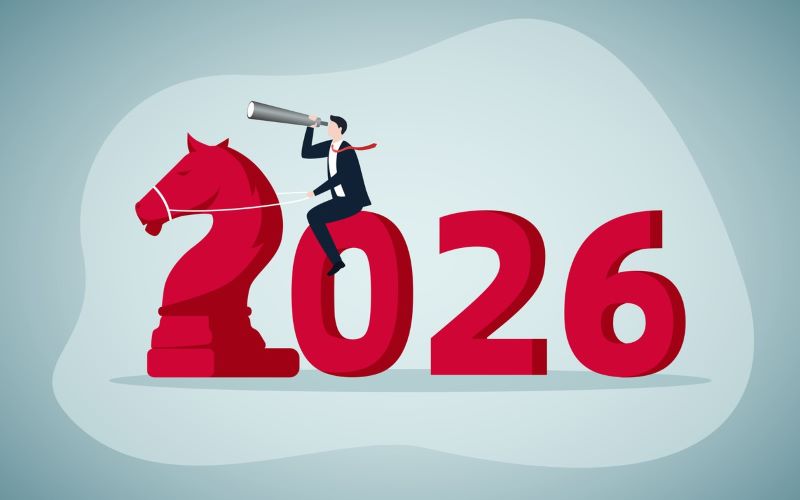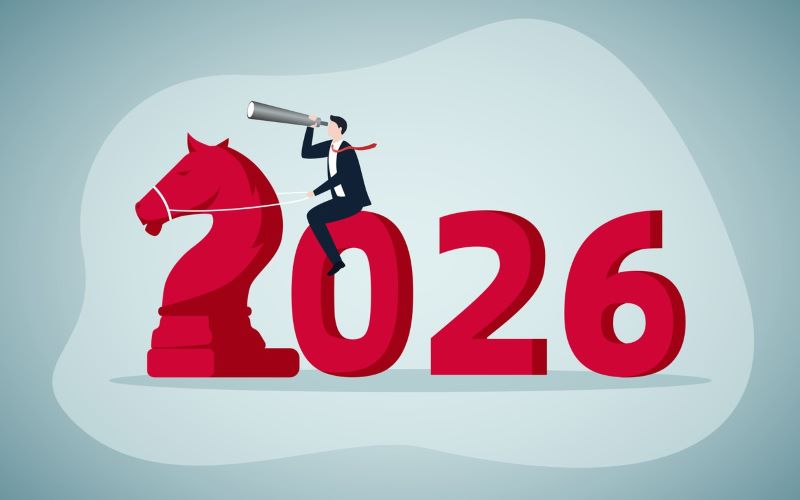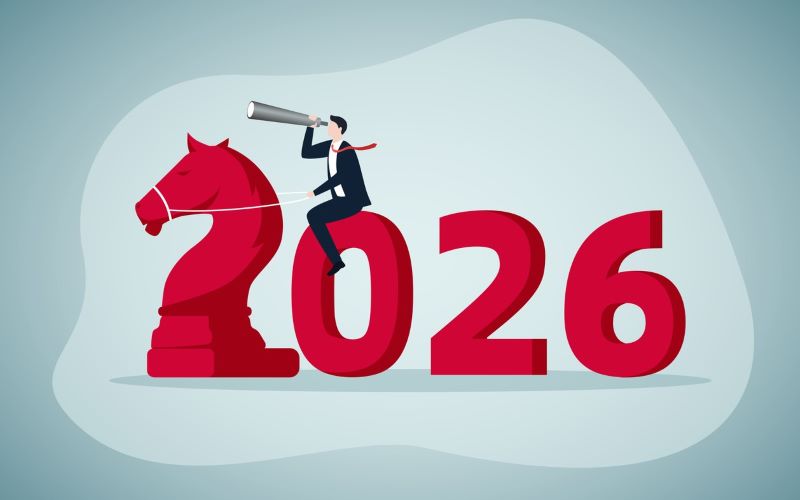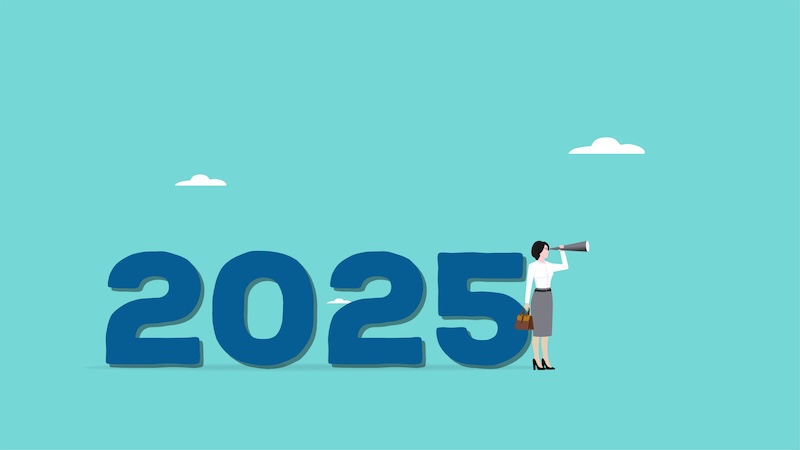| Title: | 違法ダウンロードに対するインターネット・アクセス制限法制化の動き ~フランスの事例を中心に~ |
| Updated: | 2010/06/16 |
| Category: | 制度研究 |
| Areas: | フランス |
違法ダウンロードに対するインターネット・アクセス制限法制化の動き ~フランスの事例を中心に~
本稿では、フランスHADOPI法の概要と特徴、法律制定までの背景や経緯等を紹介するとともに、課題について考察する。またインターネットのアクセス制限法制化をめぐるEUにおける議論やその他の国々における著作権侵害コンテンツに対する規制状況についても触れる。
Title: Recent Trends in Legislation Limiting Internet Access for Illegal Downloads: Focusing on the Case of France.
Author: HATTORI, Maya Analyst, Foreign Market & Policy Group
Keywords: HADOPI, European Parliament, European Commission, Copyright Piracy, P2P, Three Strikes Law, France
Abstract: In recent years many nations have made a concerted effort to strengthen anti-piracy measures for digital content. One prominent example has been the controversial adoption of the so-called “HADOPI Law” in France in 2009, that allows for the temporary suspension of Internet access for users that have repeatedly illegally downloaded content using P2P file sharing software. The HADOPI Law, also known as the "Three Strikes Law", restricts Internet access under a three-step procedure of warnings leading to suspension. The law stipulates the establishment of a new independent supervisory authority "HADOPI", which gives its name to the law, and under the revised version of the law, Internet access will be cut off by a judicial order.
The HADOPI Law focuses on copyright protection and opposes the idea that free Internet access is a fundamental right for people, and this instigated fierce arguments over the law’s validity, not only in France but also within the EU. A particular point of contention was whether it is appropriate or not to secure judicial involvement before implementing a suspension of Internet access. The EU’s new Telecom Reform Package, which entered into force in December 2009, contains a "New Internet Freedom Provision" concerning the right to Internet access, and the cessation of Internet access. This provision is designed to respect the fundamental rights and freedoms of citizens; to value the presumption of innocence and the right to privacy; to ensure entitlement to fair and impartial procedure, including the right to be heard; and to have the right to an effective and timely judicial review.
This article introduces the outline and the features of France’s HADOPI Law, describes the background and the legislative process, and also considers its obstacles. In addition, this paper considers debates over the legislation of Internet access blocking in the EU, and the regulatory conditions being employed against pirated content in other countries.




